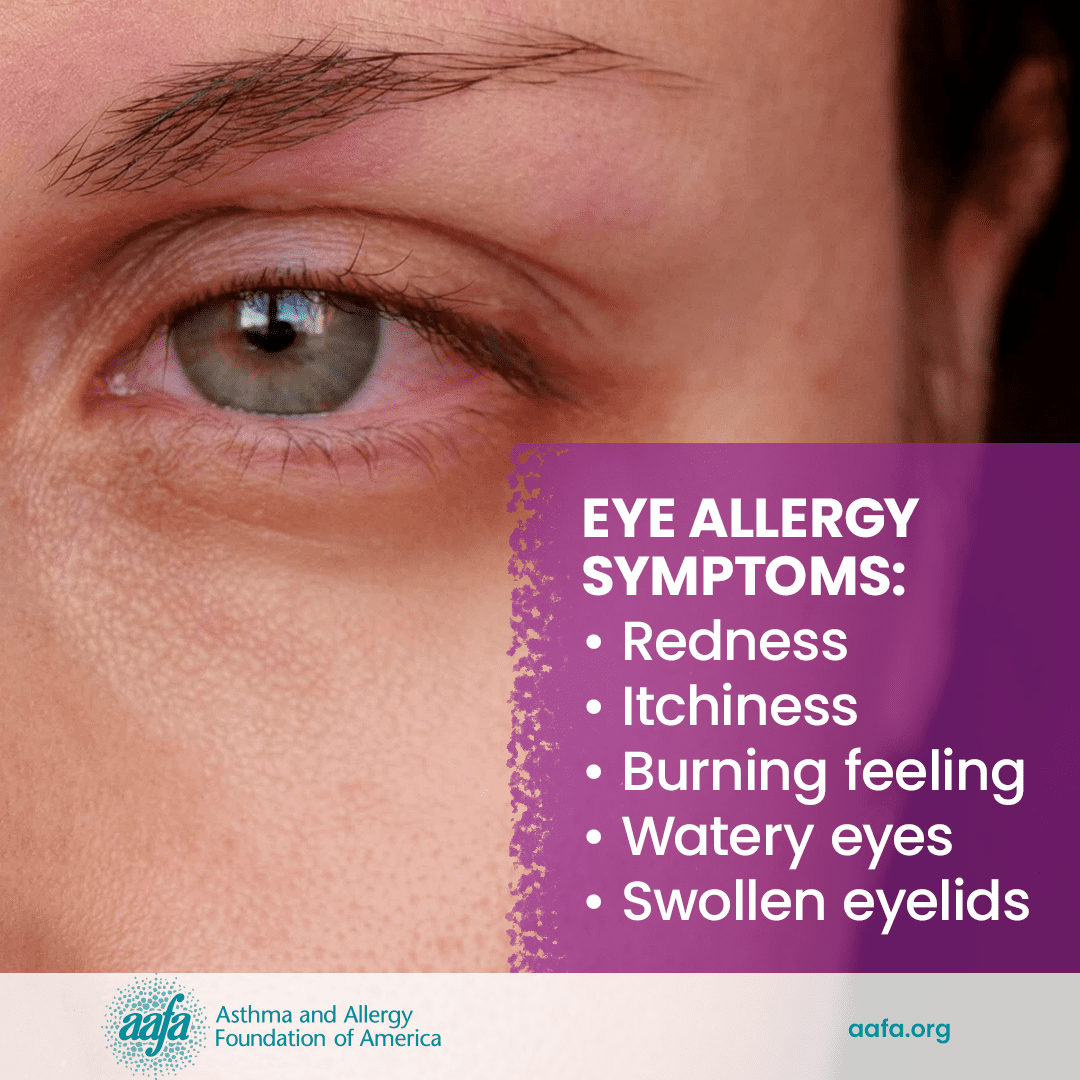Dog allergy symptoms in humans include sneezing, watery eyes, skin rash, and respiratory issues. These symptoms are triggered by exposure to dog dander or saliva, leading to an allergic reaction.
People with dog allergies may also experience itching, hives, or asthma symptoms when in contact with dogs. Understanding these symptoms can help individuals manage their allergies effectively. Dogs are beloved pets for many people, but for some, being around dogs can lead to distressing allergic reactions.
It is essential to recognize the signs of dog allergies in humans to take appropriate measures to reduce exposure and alleviate symptoms. By learning more about dog allergy symptoms, individuals can ensure a healthier and more comfortable living environment.
Understanding Dog Allergy Symptoms
People who are allergic to dogs may experience sneezing, itching, hives, or a runny nose. Others might have asthma symptoms such as coughing, wheezing, or difficulty breathing.
Dog allergies are typically caused by proteins found in a dog’s skin cells, urine, or saliva. These proteins can trigger an allergic reaction in sensitive individuals. Understanding the symptoms and causes of dog allergies is essential in managing and treating this condition.
Creating An Allergy-free Home Environment
Dog allergies in humans can cause sneezing, itching, and respiratory problems.
Choose hypoallergenic dog breeds like poodle, bichon frise, or Maltese.
Reduce allergens by vacuuming regularly, washing bedding, and using air purifiers.
Managing Allergies Through Lifestyle Changes
Dog allergy symptoms in humans can be managed through lifestyle changes. Personal hygiene practices play a crucial role in reducing exposure to allergens. Regular hand washing with mild soap helps in removing pet dander and allergens that may have come in contact with the skin.
Avoiding direct contact with dogs, especially when they are shedding, can also reduce the risk of allergies. Additionally, maintaining a clean living environment by vacuuming regularly, using allergen-proof bedding, and keeping pets out of the bedroom can help minimize exposure to allergens.
Another important aspect to consider is dietary modifications. Some individuals with dog allergies may find that certain foods worsen their symptoms. Eliminating or reducing foods that trigger an allergic response, such as dairy products, artificial additives, and processed foods can be beneficial.
Instead, focusing on a diet rich in fruits, vegetables, whole grains, and lean protein sources can support a healthy immune system and potentially reduce the severity of allergic reactions.

Credit: www.healthline.com
Medical Interventions For Dog Allergies
When dealing with dog allergies, there are various medical interventions that can help alleviate symptoms in humans. Over-the-counter medications such as antihistamines can be effective in providing temporary relief for mild to moderate allergic reactions. These drugs work by blocking the release of histamine, which is responsible for allergic symptoms like itching, sneezing, and runny nose.
However, for more severe cases of dog allergies, prescription treatments may be necessary. In these instances, a doctor might prescribe stronger antihistamines or corticosteroids to manage the symptoms. Corticosteroids are particularly effective in reducing inflammation and can provide long-lasting relief for persistent allergies.
It’s important to note that these medications should only be taken under the guidance of a healthcare professional, as they may have side effects and interactions with other medications.
Immunotherapy For Long-term Relief
Immunotherapy, also known as allergy shots, is an effective long-term solution for dog allergy symptoms in humans. Allergy shots work by gradually desensitizing the immune system to specific allergens in order to reduce allergic reactions. They are usually administered over a period of time, with the dosage slowly increasing to build tolerance.
It is important to understand the effectiveness and considerations before opting for immunotherapy. Allergy shots have been proven to be highly effective in reducing symptoms and providing long-lasting relief. However, it is a commitment that requires regular visits to the allergist, as the treatment process can take several months to years.
It is also essential to note that immunotherapy may not be suitable for everyone, and the decision should be made in consultation with a healthcare professional. Overall, immunotherapy offers a valuable option for individuals who want long-term relief from dog allergies.
Natural Remedies And Alternative Therapies
Dog Allergy Symptoms in Humans If you are looking for natural remedies and alternative therapies for dog allergies in humans, consider trying herbal supplements, acupuncture, and homeopathy. Herbal supplements such as nettle, quercetin, and omega-3 fatty acids can help alleviate allergy symptoms. Acupuncture, a traditional Chinese medicine practice, aims to balance the body’s energy flow and reduce allergic reactions.
Homeopathy uses diluted natural substances to stimulate the body’s healing response. These alternative therapies may provide relief for individuals seeking natural approaches to manage dog allergy symptoms. Always consult with a healthcare professional before starting any new treatment.
Tips For Interacting With Dogs Safely
Dog Allergy Symptoms in Humans: Experiencing symptoms of dog allergies can be challenging for many. Red, itchy eyes, sneezing, and skin rashes are among the most common signs. To safely interact with dogs, wash your hands after petting them and avoid touching your face.
Dog owners should keep their pets clean and well-groomed, and consider using hypoallergenic breeds. When handling dogs in public spaces, always ask permission from the owner before approaching their pet. Being mindful of these best practices can help alleviate symptoms and ensure a pleasant interaction for everyone involved.
Seeking Professional Advice And Support
Dog allergy symptoms in humans should not be taken lightly. Seeking professional advice and support is crucial to managing this condition effectively. Consulting allergy specialists can provide accurate diagnosis and personalized treatment plans. Support groups and resources can offer emotional support and valuable insights for individuals dealing with this unique challenge.
Education and awareness play a key role in recognizing and addressing dog allergies in humans. By proactively seeking help and staying informed, individuals can lead healthier and happier lives despite this condition.

Credit: aafa.org
Frequently Asked Questions
How Do I Know If I’m Allergic To Dogs?
Symptoms may include sneezing, itchy eyes, rash, or difficulty breathing when near dogs. Consult an allergist for testing.
Can I Live With A Dog If I’m Allergic?
Yes, it’s possible to live with a dog if you’re allergic, but it requires extra care. Choose hypoallergenic breeds, keep the house clean, and groom the dog regularly to minimize allergens. Consult with an allergist before making a decision.
How Long Does It Take For Dog Allergy Symptoms To Go Away?
Dog allergy symptoms can take a few hours to up to several days to go away. It depends on the individual and the severity of the allergy. Treatments and avoidance of allergens can help alleviate symptoms.
What Is The Best Allergy Medicine If You Are Allergic To Dogs?
The best allergy medicine for dog allergies is typically antihistamines like cetirizine or loratadine, which can help relieve symptoms such as sneezing and itching. However, it’s recommended to consult with a healthcare professional for personalized advice.
Conclusion
Understanding and recognizing dog allergy symptoms in humans is crucial for prompt treatment and relief. By being aware of these signs and taking necessary precautions, individuals can effectively manage allergies and enjoy a healthier life with their furry companions. Stay informed and prioritize your well-being.

Hello, I’m Daniel Johnson. I Studied animal science at the University of Florida. I am a seasoned veterinarian deeply committed to ensuring the health and happiness of every dog. With extensive expertise in dog health, I contribute my knowledge to Dog Advisor Pro to help dog owners understand and address their pet’s health concerns. My passion is making veterinary advice accessible and understandable to all, allowing dog owners to provide the best care for their furry friends.


